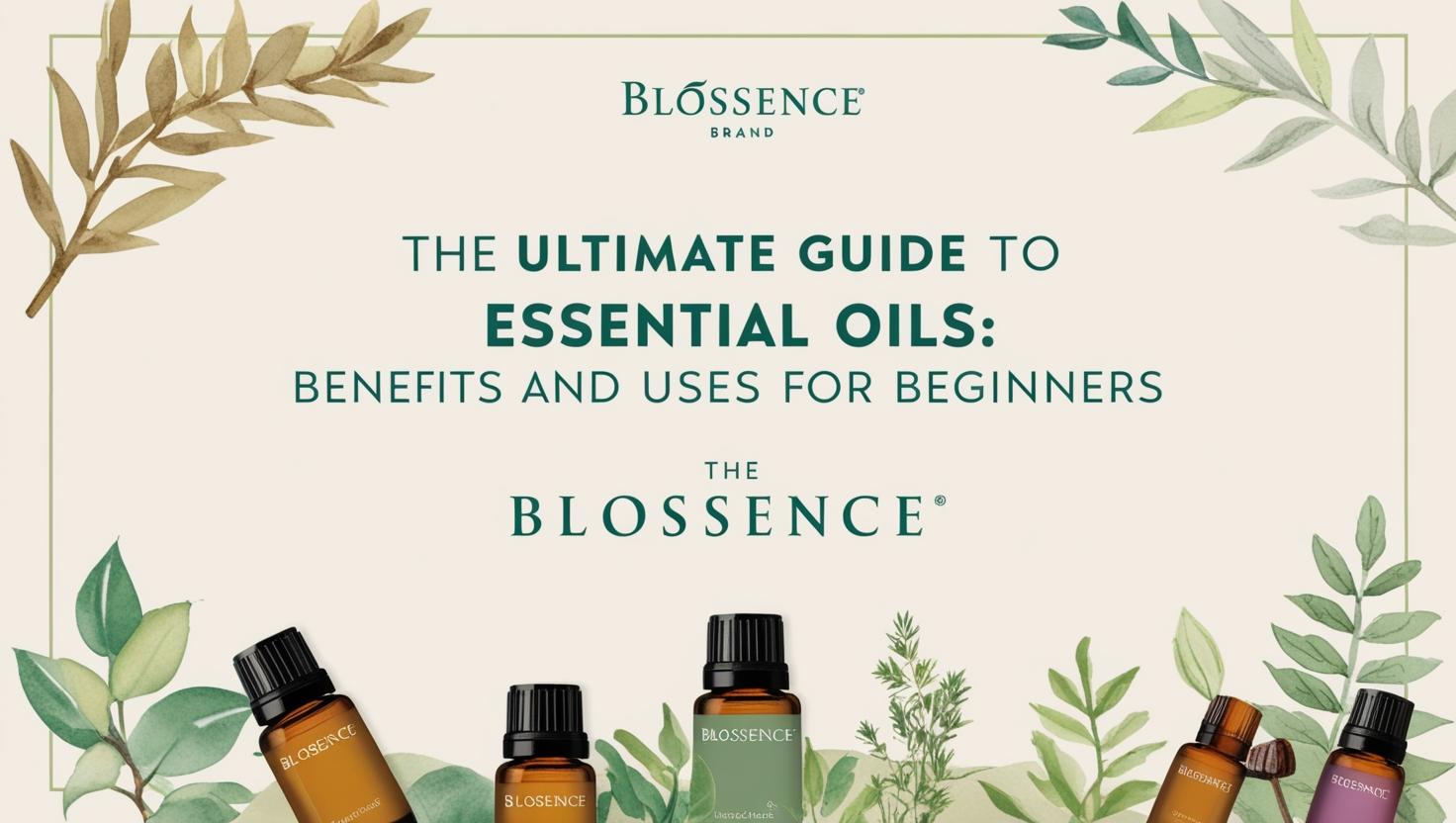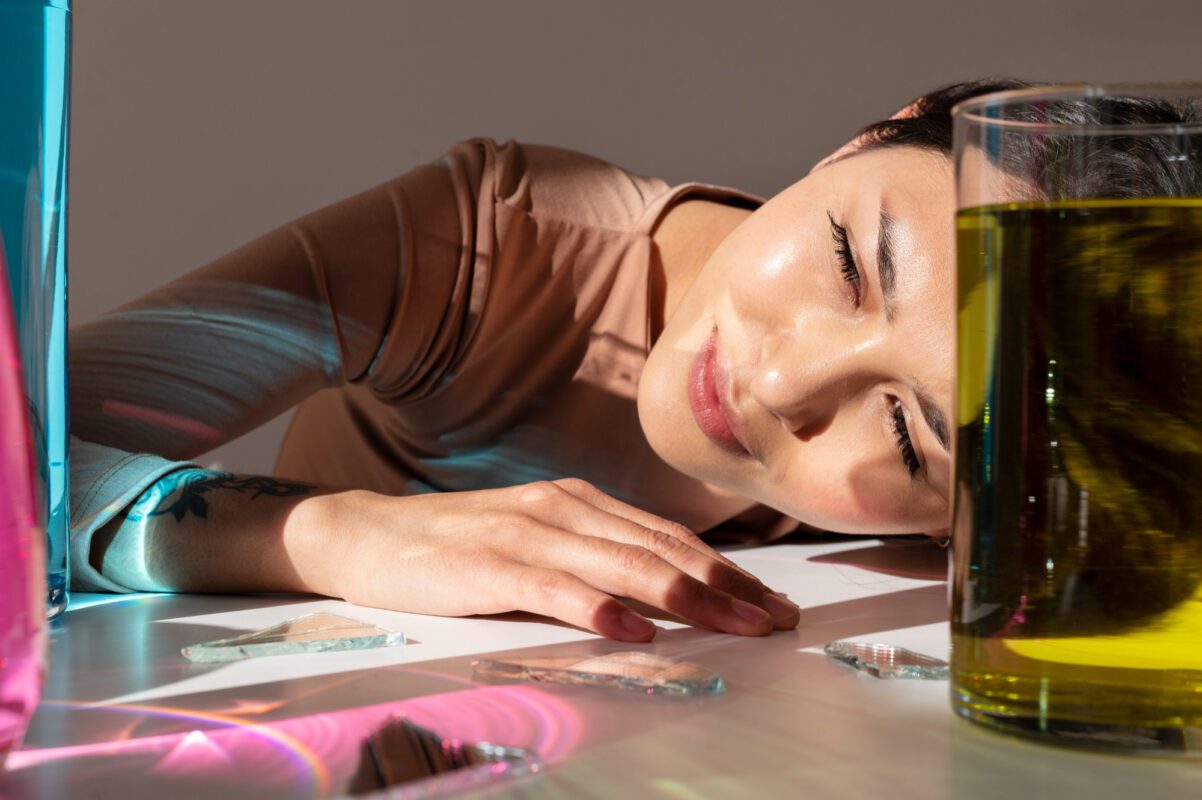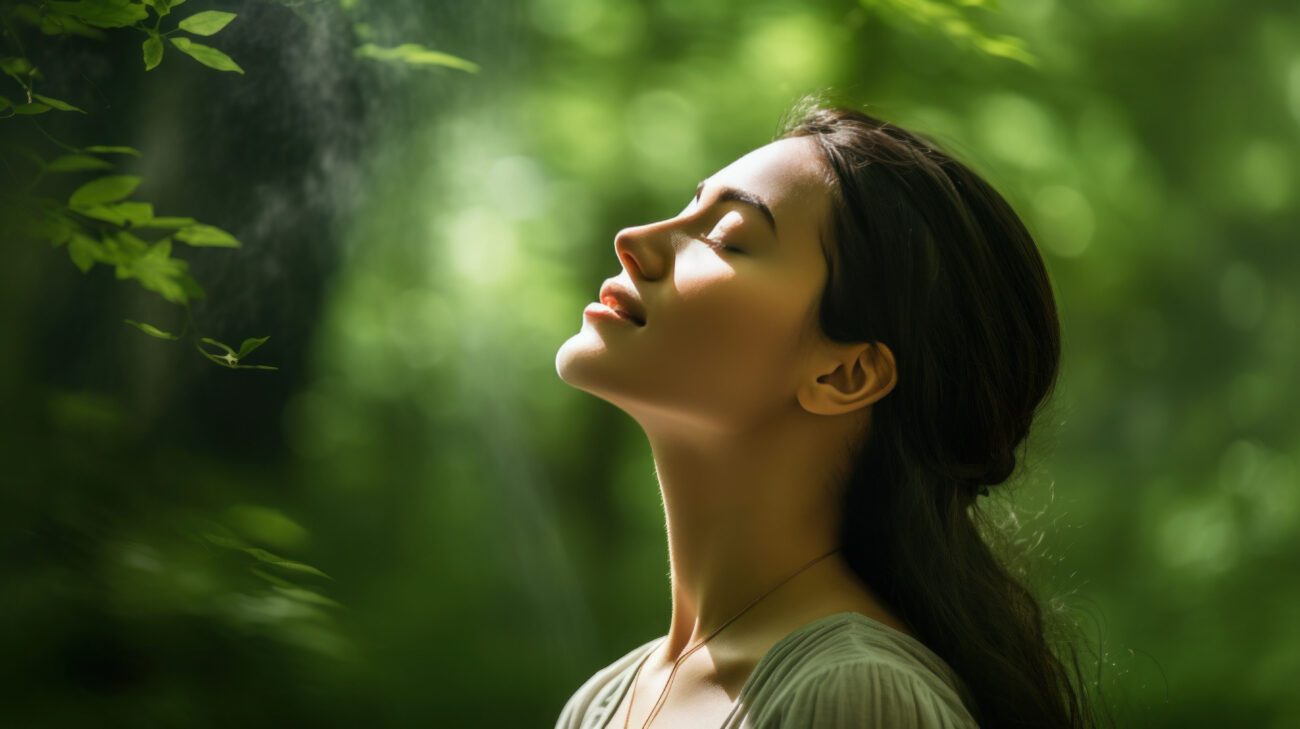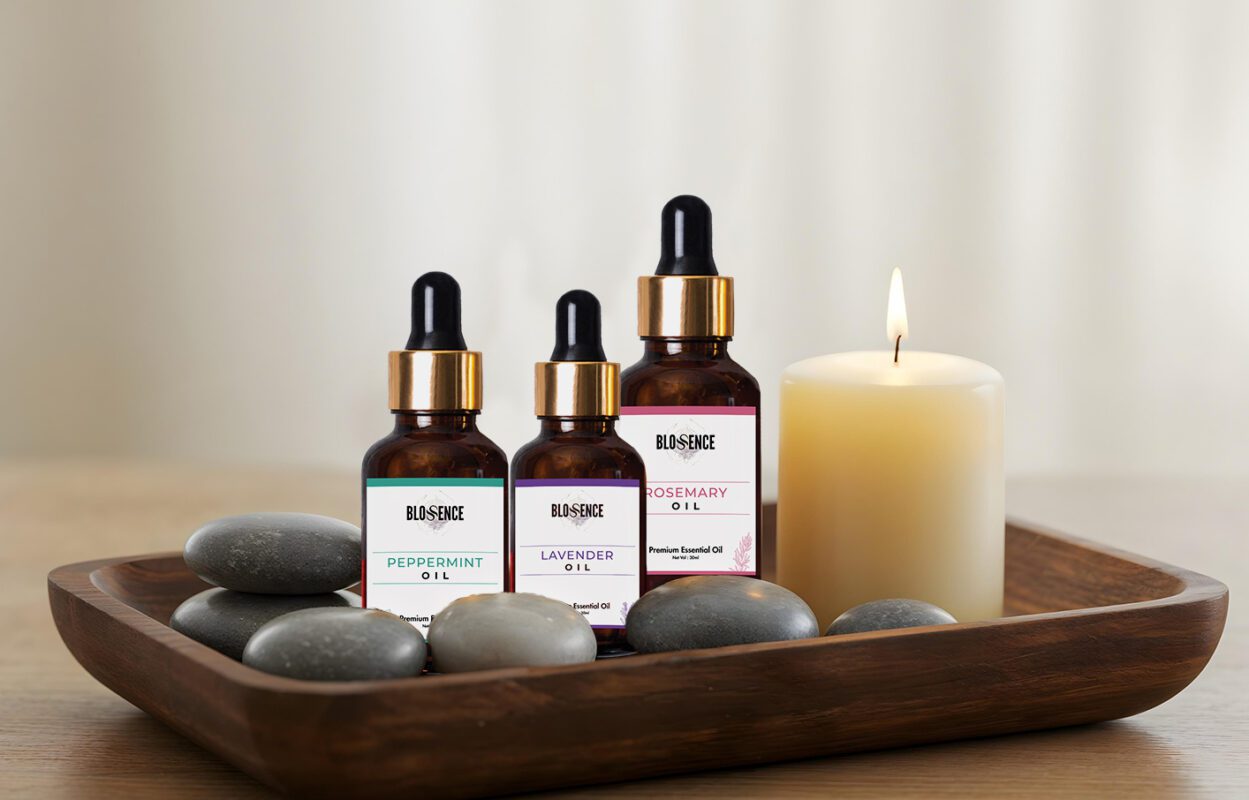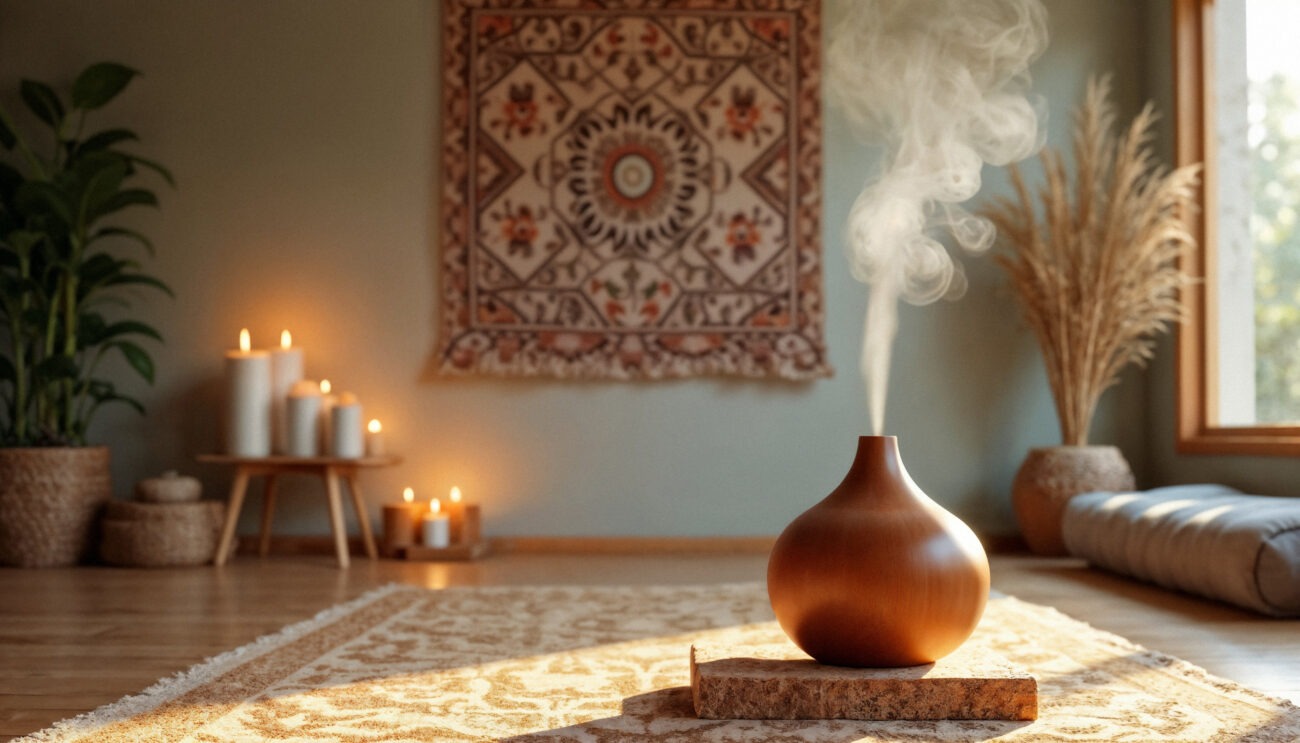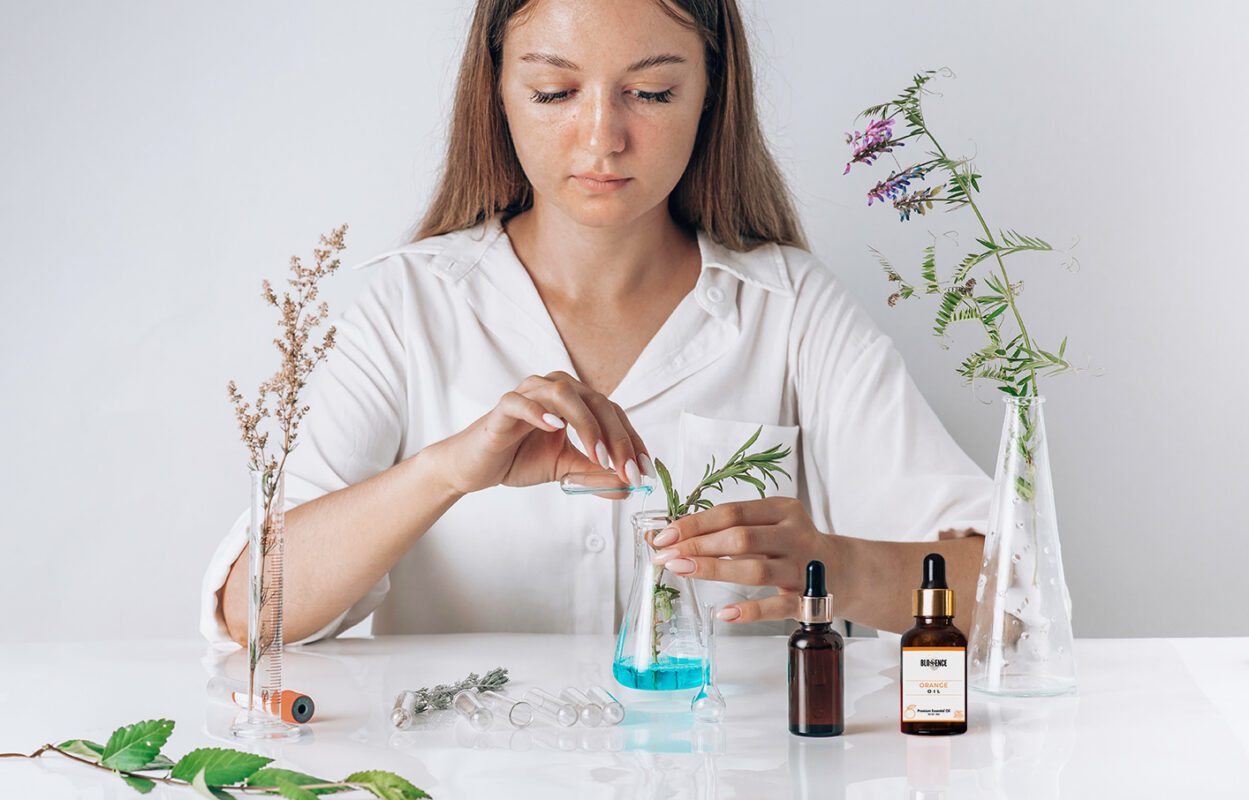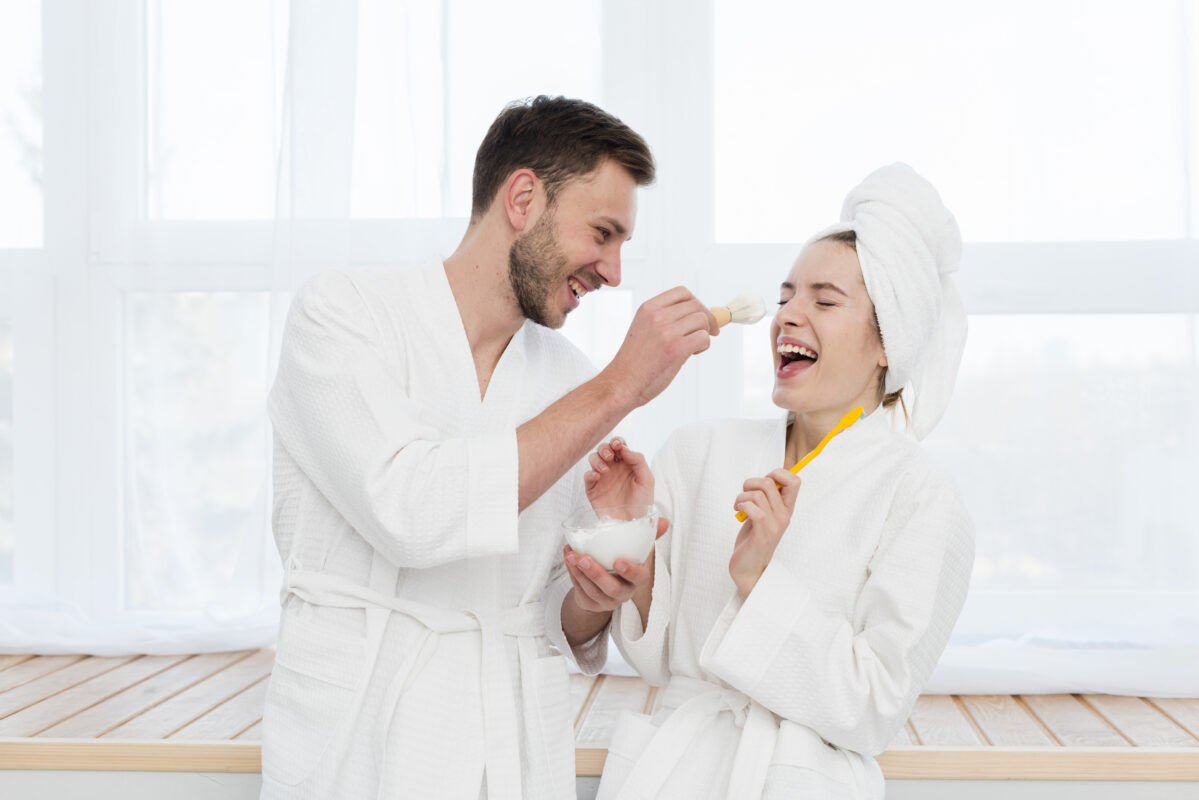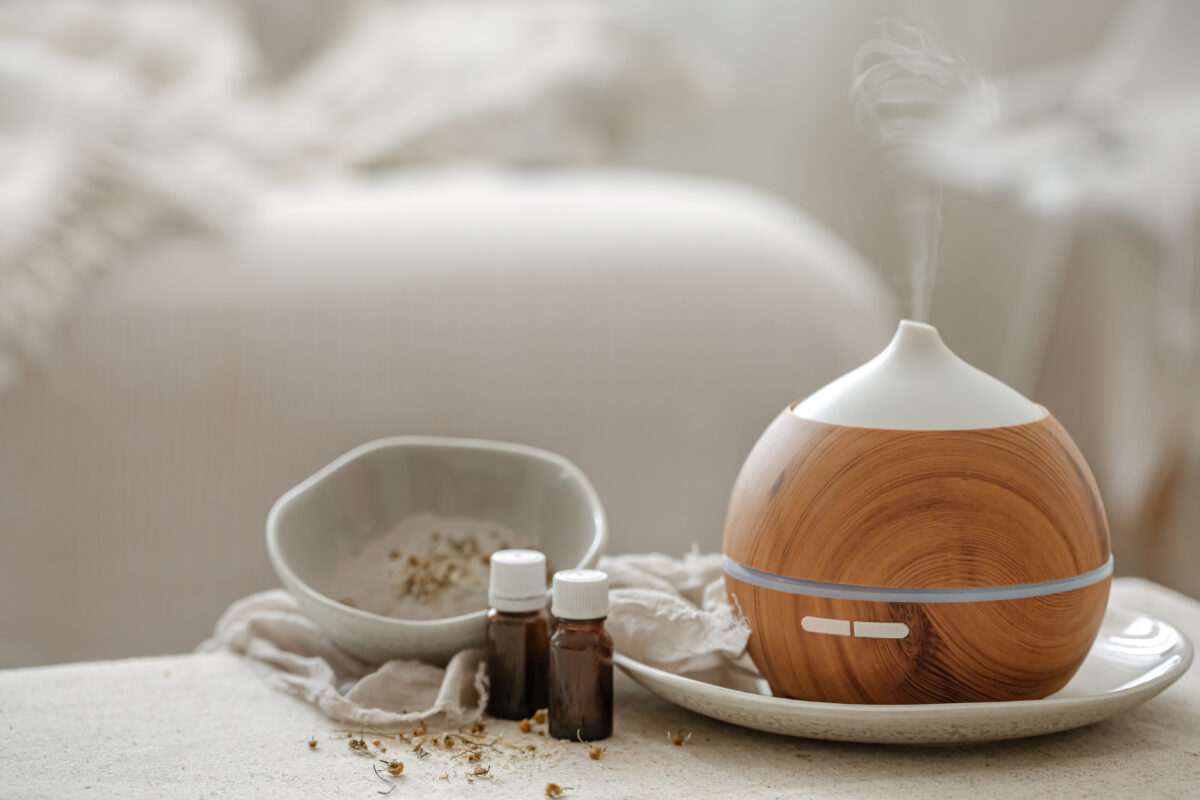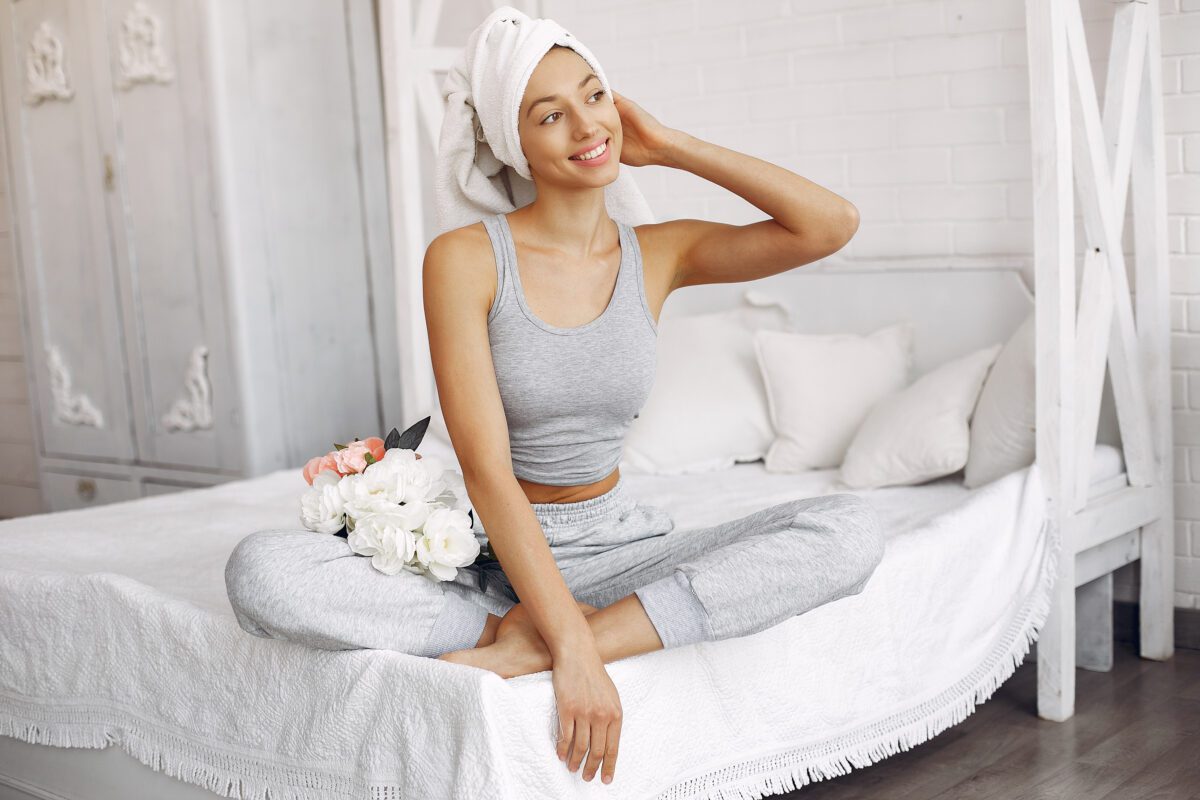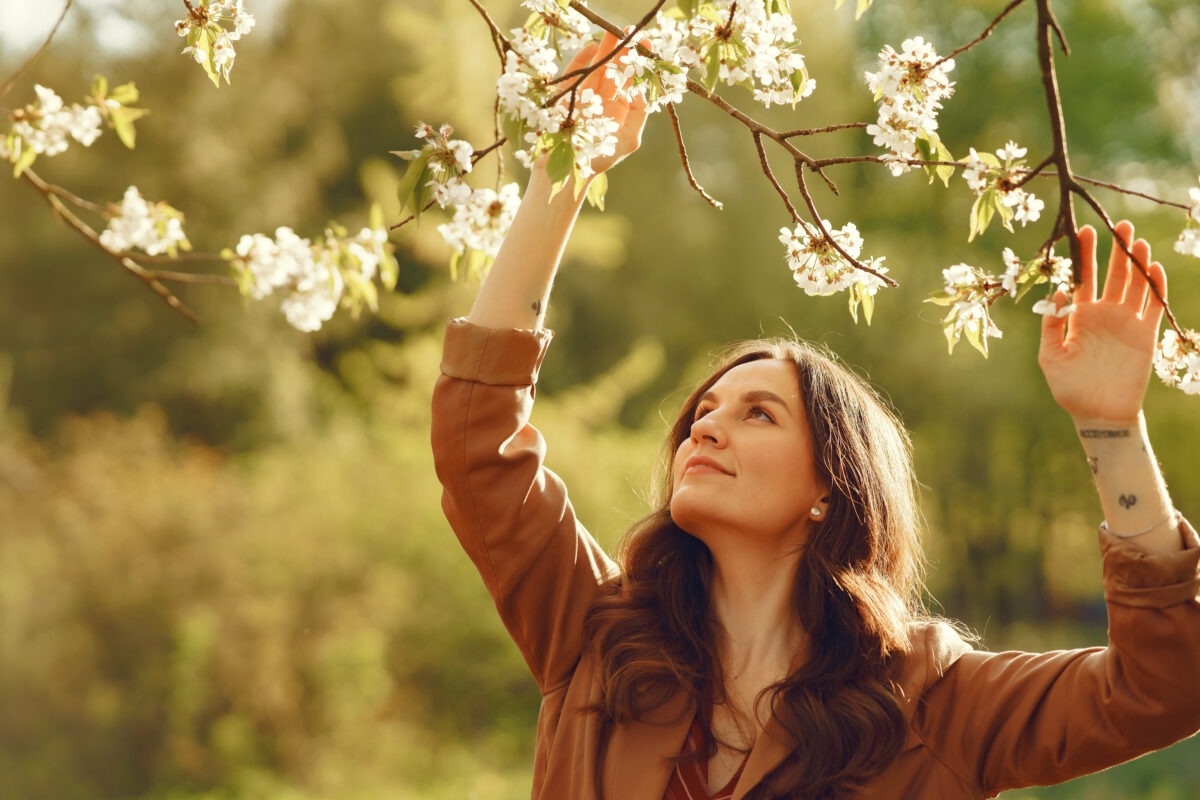Introduction
Essential oils have been used for centuries in various cultures for medicinal and therapeutic purposes. These concentrated plant extracts capture the essence, fragrance, and beneficial properties of plants, making them popular in aromatherapy, skincare, and home remedies. If you’re new to essential oils, this guide will help you understand their benefits, uses, and best practices for incorporating them into your daily routine.
What Are Essential Oils?
Essential oils are highly concentrated natural oils extracted from different parts of plants, including flowers, leaves, stems, and roots. These oils are obtained through methods like steam distillation, cold pressing, or resin tapping. Unlike regular oils, essential oils are volatile, meaning they evaporate quickly and release strong scents that have therapeutic properties.
The Benefits of Essential Oils
Essential oils offer numerous benefits for physical and emotional well-being. Here are some of the most common benefits:
- Aromatherapy and Relaxation: Many essential oils, such as lavender and chamomile, promote relaxation, reduce stress, and improve sleep quality.
- Skin and Hair Care: Essential oils like tea tree, rosehip, and frankincense help with acne, aging, and hydration.
- Pain Relief: Oils like peppermint and eucalyptus are commonly used to relieve headaches, muscle pain, and inflammation.
- Immune System Boost: Some essential oils, including oregano and lemon, have antibacterial and antiviral properties that help strengthen the immune system.
- Respiratory Health: Eucalyptus and peppermint oils help clear congestion, making them effective for colds and allergies.
- Mood Enhancement: Citrus oils like orange and lemon can uplift your mood and reduce symptoms of anxiety and depression.
How to Use Essential Oils
There are various ways to use essential oils, depending on your needs and preferences. Here are the most common methods:
1. Aromatherapy (Inhalation)
Aromatherapy is the most popular way to use essential oils. The scent molecules travel through the nose to the brain, influencing emotions and bodily functions. You can use essential oils for aromatherapy by:
- Adding a few drops to a diffuser or humidifier.
- Inhaling directly from the bottle.
- Applying a drop to a cotton ball or tissue and inhaling.
- Creating a DIY room spray by mixing essential oils with water in a spray bottle.
2. Topical Application
Essential oils can be applied to the skin, but they must be diluted with a carrier oil (such as coconut, jojoba, or almond oil) to avoid irritation. Popular ways to use essential oils on the skin include:
- Massage therapy: Mix a few drops with a carrier oil and massage into sore muscles.
- Skincare routine: Add a drop of tea tree oil to your moisturizer to help with acne.
- Pain relief: Apply diluted peppermint oil to the temples to ease headaches.
3. Bath and Body Products
Enhance your bath experience by adding essential oils to bathwater, body scrubs, or lotions. A relaxing lavender or chamomile bath can ease stress and promote better sleep.
4. Household Cleaning
Essential oils like lemon, tea tree, and eucalyptus have antimicrobial properties, making them excellent for homemade cleaning solutions. You can:
- Add them to DIY all-purpose cleaners.
- Use them as natural air fresheners.
- Mix with vinegar for a natural surface disinfectant.
Best Essential Oils for Beginners
If you’re just starting with essential oils, here are some beginner-friendly options:
- Lavender: Calming, great for sleep and relaxation.
- Peppermint: Energizing, helps with headaches and digestion.
- Tea Tree: Antimicrobial, great for skin and scalp health.
- Lemon: Refreshing, useful for cleaning and uplifting mood.
- Eucalyptus: Clears sinuses and supports respiratory health.
Safety Tips for Using Essential Oils
While essential oils offer numerous benefits, they must be used safely:
- Dilute before applying: Always mix essential oils with a carrier oil before applying to the skin.
- Patch test: Test a small amount on your skin before full application.
- Avoid ingestion: Some essential oils are toxic if swallowed. Consult a professional before internal use.
- Keep away from children and pets: Some oils can be harmful to kids and animals.
- Store properly: Keep essential oils in dark glass bottles away from heat and sunlight.
Conclusion
Essential oils are a natural and versatile way to improve overall well-being. Whether you’re using them for relaxation, skincare, or cleaning, they offer countless benefits. By understanding how to use them safely and effectively, you can enjoy the power of essential oils in your daily life. Start with a few beginner-friendly oils and explore the wonderful world of aromatherapy!

